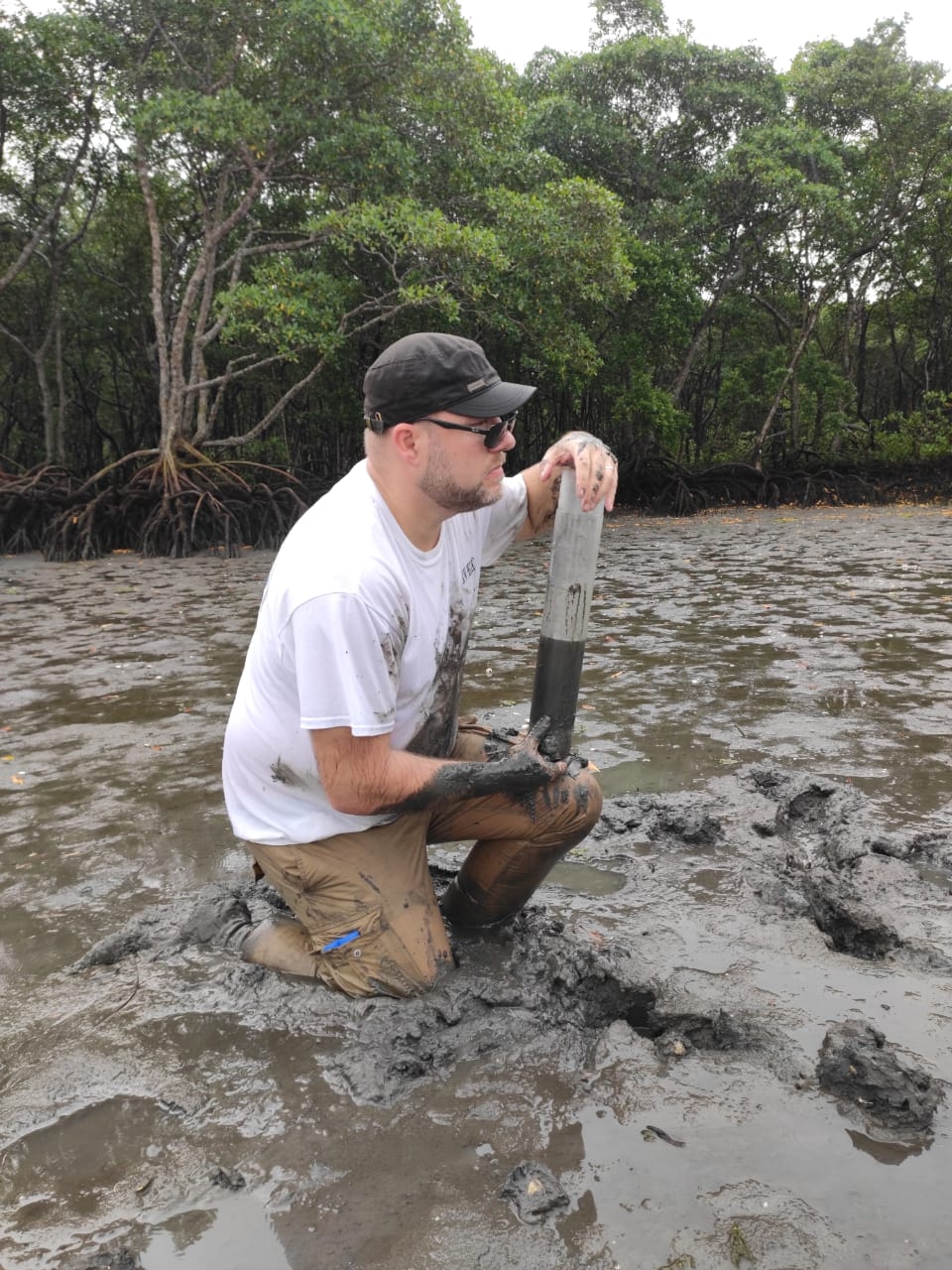- Presse
- Pressemeldungen 2020
- Lennart Schada von Borzyskowski: "Understanding and engineering marine proteobacterial metabolism to address global sustainability challenges"
Lennart Schada von Borzyskowski: "Understanding and engineering marine proteobacterial metabolism to address global sustainability challenges"
Einladung
Zusammenfassung:
Understanding and engineering marine proteobacterial metabolism to address global sustainability challenges
There is an urgent need to discover new solutions to pressing environmental challenges of the Anthropocene by advancing research on sustainability for the 21st century.
In my previous research, I established important milestones in the synthetic biology of carbon dioxide fixation as key component in innovative sustainability strategies. I will present how the carbon metabolism of the Proteobacterium Methylobacterium extorquens was rewired towards creating an artificial autotroph. Furthermore, I will show how the first synthetic pathway for carbon dioxide fixation was assembled from scratch using enzymes from various hosts and metabolic contexts.
My work on proteobacterial metabolism was continued with the characterization of the b-hydroxyaspartate cycle (BHAC). I will present the genetics and biochemistry of this metabolic route, including a new enzyme family of primary imine reductases. After studying the physiology and phylogeny of this pathway, I was able to investigate its ecological role in the proteobacterial assimilation of glycolate during field studies at Helgoland. Applying natural biochemistry to create sustainable biotechnological solutions, I will also present data on the improvement of photorespiration in Cyanobacteria by metabolic engineering with the BHAC.
In my future research, I will harness the metabolic potential and ecological diversity of marine Proteobacteria to advance environmental sustainability by carrying out three interrelated projects. Drawing on methods from synthetic biology, I will study how the metabolism of abundant uncultured bacteria is regulated, and thereby identify and characterize previously unknown metabolic pathways that mediate transformations in biogeochemical cycles with potential relevance for the global climate. Furthermore, I will study how metabolic modules are spread through bacterial communities via horizontal gene transfer in response to altered environmental conditions by combining experimental ecology with metabolic engineering. Lastly, I will develop marine Proteobacteria as a synthetic biology platform for biosphere engineering with the aims of curbing harmful algal blooms and mitigating pollution by microplastics and petrochemicals.
